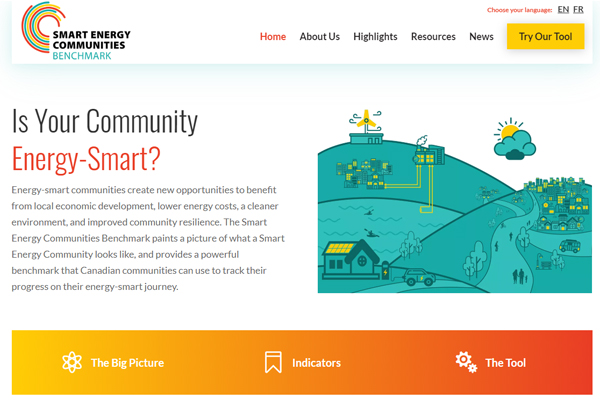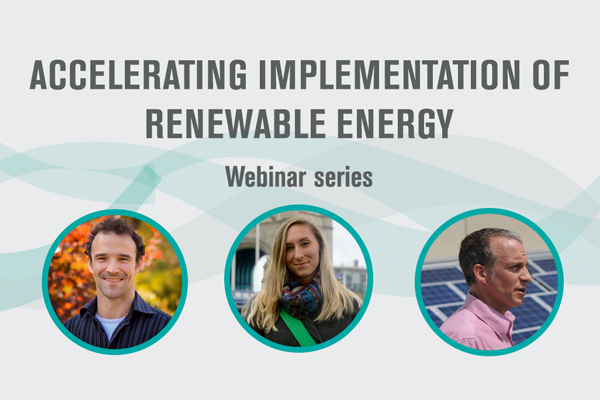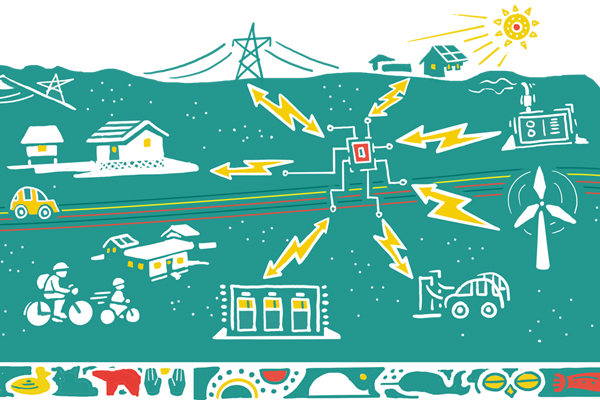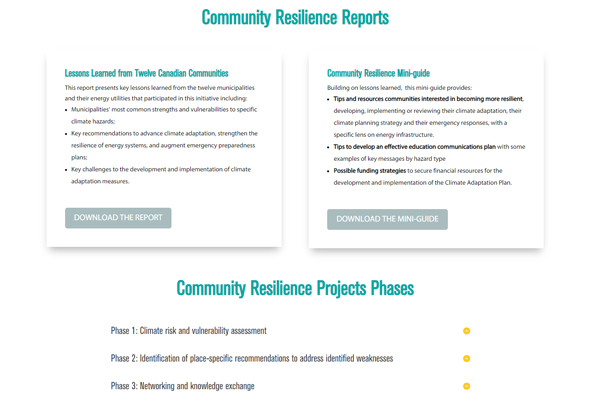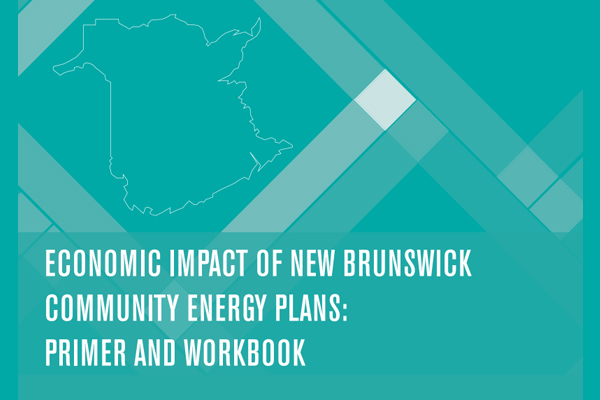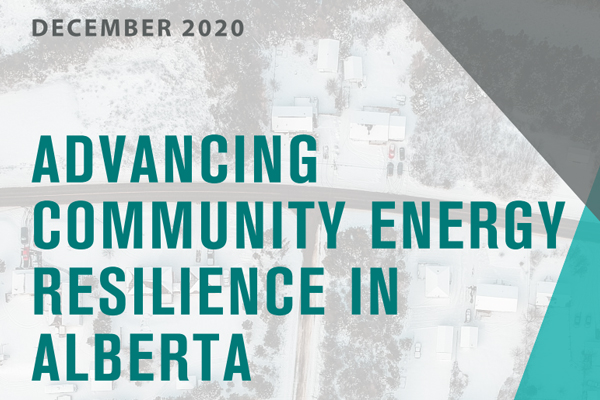Our Smart Energy Impact in 2020
Look at what we have achieved together over the past year! Watch the short video below to get a snapshot of our impact in 2020.
As a non-profit, we could not do this important work without the support of you – our network! We hope you will consider getting involved so that we can continue to accelerate Smart Energy Communities together.
testimonials
from our networkconnect
because together we are strongerWorking Group participants from 10+ sectors
Working Groups held virtually to collaborate, learn, and evaluate how to implement on-the-ground smart energy solutions
Workshops in 8 provinces and territories bringing together key sectors to improve the resilience of community energy systems in the face of climate change
Supporters across provincial, national, and international organizations
%
of QUEST Working Group participants said that it helped them make new connections and strengthened partnerships
“I was able to connect with municipalities interested in EVs and supporting electrification. We submitted a funding application together. And we were able to reflect the input of the MELG in our letter to NS environment.”
“Understanding aspects of Alberta’s Policies that were holding back projects that we were looking to support. It gave us an opportunity to work with those lobbying the government to help our customers projects become realities.”
“The OEG aims to replicate its model in other communities. CEPIN has provided a forum to connect with climate action professionals in other jurisdictions, to learn where they are in the process of community energy planning, and to reach out with ideas on how we can collaborate.”
“The CEPIN meetings tend to have a core group of about 15 people that attend each meeting – I have furthered my relationship with each of these people – leading to better partnerships on joint initiatives.”
educate
and supportmunicipalities directly engaged in energy capacity building through QUEST projects and services
registrants to our 18 webinars
%
of QUEST Working Group participants said that it increased their knowledge, capacity and confidence
“I was able to triangulate information from other sources to gain new insight into government policy debates.”
“With respect to organizational changes, I was able to follow-up with one of the relevant presenters on a project they shared around renewable language in Official Plans. That helped my team put forward impact content to our planning team that this can and has been done! Otherwise, I am constantly learning from my bright and passionate peers. There are too many examples to list.”
“Subject matter experts and experiences of CEPIN members increased my knowledge of programs and potential ways Peterborough could implement new climate action strategies.”
“Being involved in QUEST’s working groups has helped me by providing a safe space to ask questions and develop best practices related to various aspects of my role with the Municipality.”
New online resources
Reports released in 2020
influence
and inspireCanadian governments, regulators, industry and associations represented by senior executives and decision-makers, gathered as part of QUEST’s Smart Energy Leaders’ Dialogue to explore and strategize approaches to current and upcoming energy transition challenges, learn from other sectors’ experiences, and align on policy innovation priorities.
QUEST mentions by media and governments across Canada
submissions submitted to Federal and Provincial policymakers and regulators, seeking to influence policy development and/or refinement
energy-related committees involving QUEST team members at Federal and Provincial levels
%
of QUEST Working Group (WG) participants said that it resulted in changes or improvements to policies or programs
“QUEST Working Groups influenced the IESO decision to extend the SaveOnEnergy program for CHP projects.”
“Thanks to QUEST Working Groups, we have implemented GHG targets, both community and corporate and we’re currently building a Net Zero-ready new Utility Building.”
“As a small municipality, we don’t have subject matter expertise on staff so the working groups have helped build my understanding of CHP, DE and DERs. No direct projects have been implemented but the working groups have helped inform recommendations I’ll make for moving forward.”
“My job is to ensure the pipe network remains relevant in the future. QUEST has helped me refine my understanding of where pipe fits and allowed me to take the necessary steps to initiate projects that will strengthen it.”
our policy influence
REACH
across sectors and jurisdictions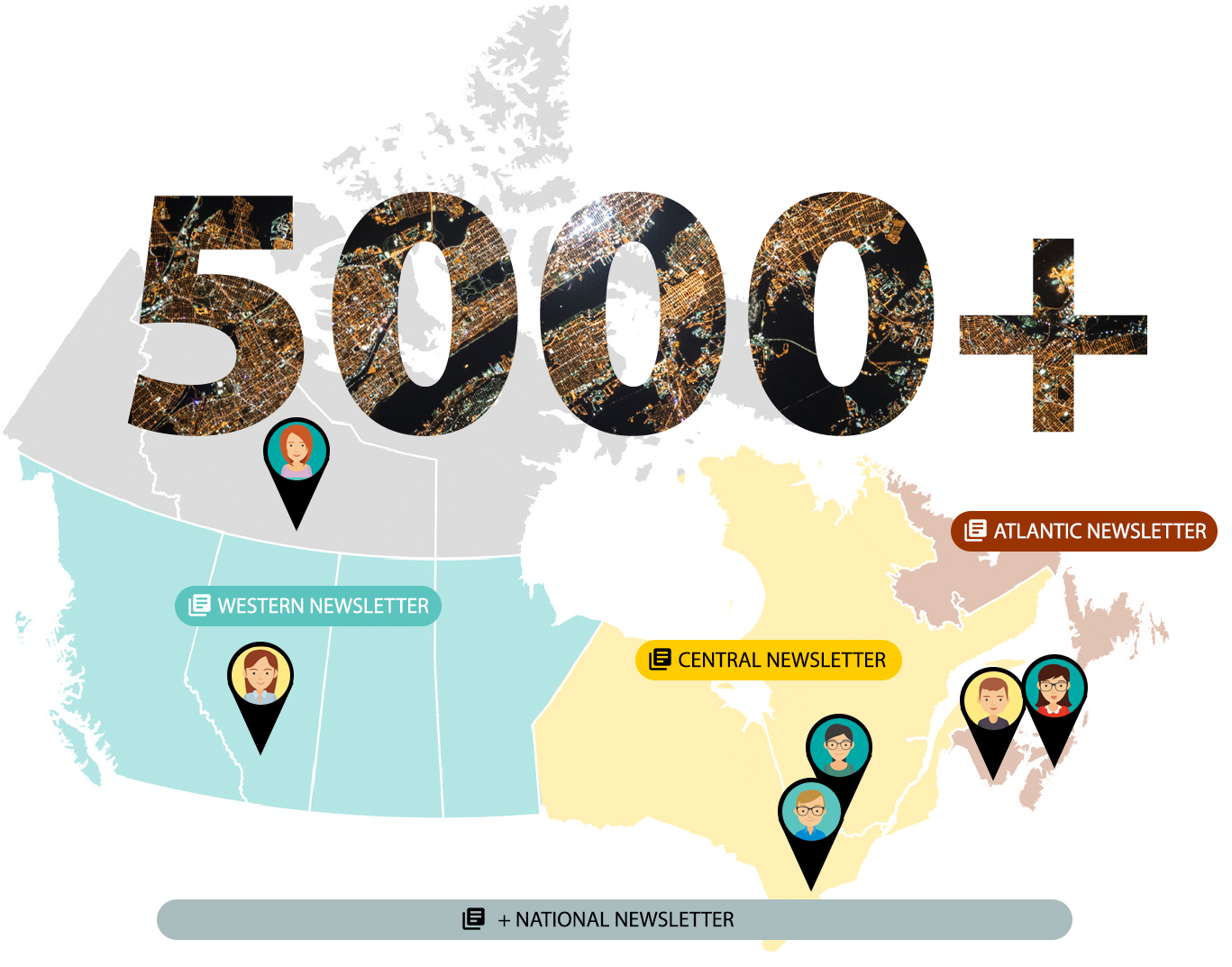
monthly newsletters both regional and national
in the QUEST network connected to our projects, working groups, events, and communications
provinces represented by bilingual staff for nationwide engagement
Smart Energy events where QUEST was invited to speak
Get Involved
Join the Conversation
Get the latest news and events about Smart Energy Communities across Canada by subscribing to our monthly newsletter and following us on social media.

